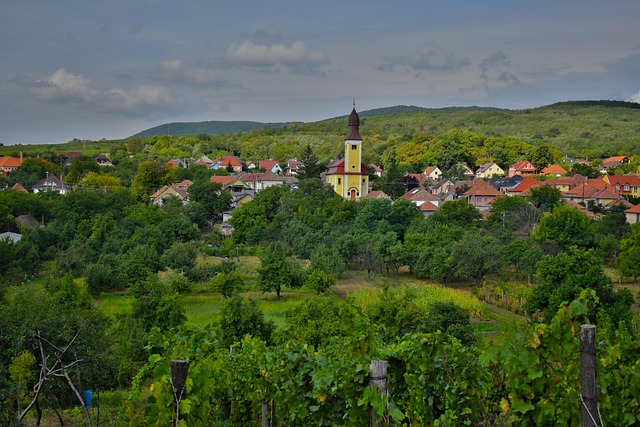Understanding Sin in the Context of Religious Holidays
Religious holidays hold a significant place in the hearts of many, serving as a time for reflection, celebration, and connection with the divine. Yet, beneath the surface of joyous festivities lies a complex relationship with the concept of sin. This intricate interplay invites us to explore how our understanding of sin influences religious practices and the way we celebrate these special occasions.
The Historical Context of Sin
Throughout history, the notion of sin has shaped religious observances. In various traditions, acknowledging sin is a vital step in engaging with spiritual beliefs. Festivals such as Lent in Christianity or Yom Kippur in Judaism emphasize repentance, urging believers to recognize their transgressions. These periods of reflection are not solely about guilt but serve to highlight the transformative power of forgiveness and renewal, echoing the very essence of the celebrations themselves.
Sin as a Catalyst for Community
Sins often bring people together, fostering a sense of community among those who share common beliefs. During holidays, congregations gather to partake in rituals designed to repent and seek redemption collectively. This shared experience reinforces bonds and reminds individuals of the intersection between personal accountability and communal values. The notion of sin invites dialogue, encouraging followers to support one another in their spiritual journeys.
Cultural Interpretations of Sin in Celebrations
Different cultures interpret sin through varied lenses, shaping how holidays are observed worldwide. In many South Asian traditions, celebrations like Diwali not only honor the triumph of light over darkness but also emphasize removing one’s sins as a rite of purification. Similarly, the symbolism behind Rosh Hashanah involves self-reflection on the past year’s sins while welcoming new beginnings. Each cultural framework offers unique insights into how sin enhances the beauty and depth of holiday celebrations.
Reflection and Redemption
Ultimately, the acknowledgment of sin during religious holidays enriches our understanding of human nature. Embracing sin doesn’t lead to despair; instead, it opens pathways to healing and transformation. Holidays grounded in the recognition of sin encourage personal introspection, allowing individuals to connect more deeply with their faith and community.
As we celebrate various religious holidays, let us remember that the concept of sin is not merely a weight to bear, but a reminder of our shared humanity, guiding us towards a greater sense of understanding, compassion, and redemption.




